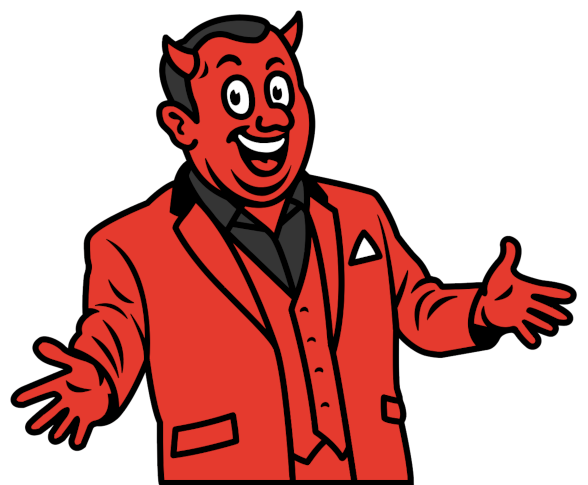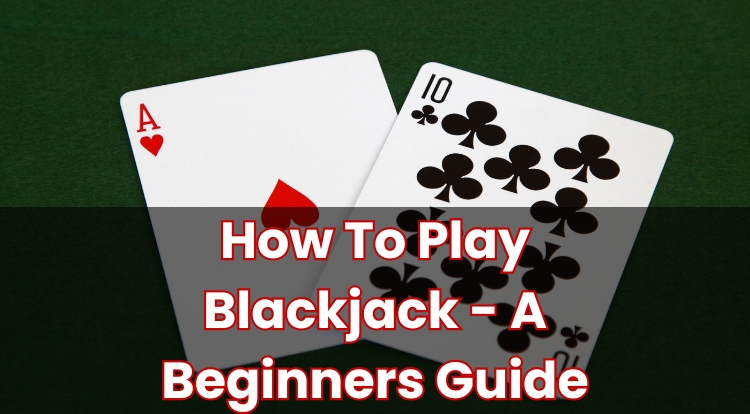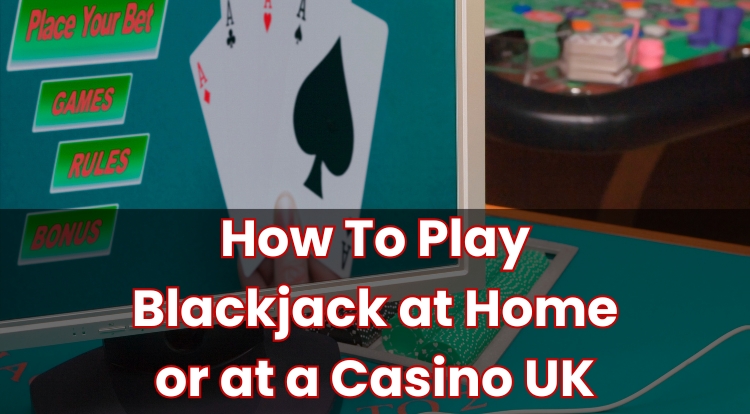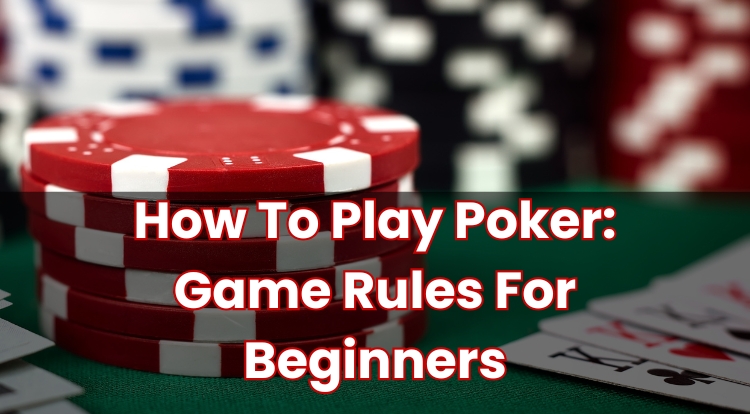What Is Insurance in Blackjack? How It Works & Should You Take It
When you play blackjack, you might see an option called “insurance” appear on the table. It’s not part of the main hand, but a separate side bet that may seem confusing at first.
This guide explains what insurance means, how it can be used in a standard game, and why it divides opinion amongst players. By breaking it down step by step, you can better understand how it works and make your own decision about whether it may be worth adding to your play.
What Does Insurance in Blackjack Mean?
Insurance is an extra bet that can become available when the dealer’s face-up card is an Ace. It does not affect your own hand and is placed alongside your original stake.
The bet is that the dealer’s facedown card is worth 10 points, which would give them a blackjack (an Ace with a 10, Jack, Queen or King).
The potential payout is fixed at 2 to 1. If the dealer’s hidden card is a 10-value card, your insurance wins. If it is not, the insurance bet is lost, but your main hand continues as normal.
The maximum amount you can place on insurance is usually half of your original wager. For example, if you have bet £2, you can place up to £1 on insurance.
Not all blackjack games in UK casinos or online platforms include this option. The rules and features can vary, so it can be worth checking the help or rules screen before starting.
How Does the Insurance Bet Work?
The insurance choice appears after the initial deal, if the dealer shows an Ace. At that point, you decide whether to place the side bet before the dealer checks their facedown card.
If you stake £5 on insurance and the dealer has blackjack, you receive £10 winnings plus your £5 stake back. If the dealer does not have blackjack, the £5 is collected, but the rest of your hand continues as though no side bet had been placed.
This opportunity may arise only once per hand. Once the dealer confirms or denies blackjack, the option to insure disappears for that round.
When Can You Take Insurance?
You can only take insurance when the dealer’s upcard is an Ace. Your own hand has no impact on this option — you might have a total of 12, 18, or even your own blackjack, but the insurance decision is separate.
At an online table, the game software will usually prompt you with a button. In a land-based casino, the dealer will ask if you want to place the bet. If you pass at that point, you cannot change your mind later in the round.
It may also be useful to note that if you already hold blackjack when the dealer shows an Ace, you may be offered “even money”. This is essentially the same as taking insurance, as it pays you 1 to 1 on your blackjack immediately, instead of the hand ending in a push if the dealer also has blackjack.
Should You Ever Say Yes to Insurance in Blackjack?
Insurance is optional, but it may help to understand the numbers before deciding whether to place it.
In a standard single-deck game, if the dealer shows an Ace, there are 51 cards left unseen. Sixteen of those are worth 10 points, giving the dealer blackjack about 31% of the time. For a 2 to 1 payout to break even, the chance would need to be around 33%. The gap between these two figures explains why the casino tends to gain an advantage on this bet.
In multi-deck games, the probabilities shift only a fraction, so the overall value of insurance does not change much. Some players may choose it as a way to try and reduce the impact of a dealer blackjack on a larger wager, while others might leave it aside and continue with their main hand.
Why Do Players Often Avoid Insurance?
Most players avoid it because, over time, the numbers are not in their favour.
Another point is that insurance has nothing to do with the strength of your own hand. It is purely a bet on the dealer’s hidden card.
Many players prefer to put their attention on trying to make the best decision for their hand — hitting, standing, doubling or splitting — rather than committing money to a side bet that is based only on chance.
House Edge and Payouts Explained
The house edge is the built-in advantage that the casino has in a game. In blackjack, this can be relatively low compared to other games if you play using basic strategy — usually around 0.5% in standard UK rules.
However, if you make decisions that go against the potentially best mathematical plays, such as standing too often or missing strong double-down opportunities, the house edge can climb higher.
The insurance bet has its own separate edge, which is larger than the main game. This is why it is often considered a weaker option.
Different rule variations can also affect the edge:
- If the dealer hits on a soft 17, the casino edge increases.
- A single-deck game often lowers the edge, while multi-deck games raise it slightly.
- Blackjack paying 6:5 instead of the more common 3:2 increases the casino’s advantage.
Standard payouts are:
- Winning hand: 1 to 1
- Blackjack: usually 3 to 2, though some tables pay 6 to 5
- Insurance: 2 to 1
As rules and paytables differ between casinos, it can be useful to review them before playing.
Is Insurance in Blackjack Worth It?
For most players, insurance is not considered worthwhile. The potential payout does not usually match the true probability of the dealer having blackjack. Over repeated play, this may make it less efficient than concentrating on your own hand and using sound decision-making.
That said, some players might decide to take it if they have placed a larger initial stake and want to try and recover part of that if the dealer does turn out to have blackjack. Others may avoid it completely, seeing it as a side bet that may drain value over time.
Whichever way you choose to play, it is important to remember that blackjack is a game of chance. No choice or system can guarantee winnings. If you do take part, keep within sensible limits, take breaks, and make sure gambling remains only a form of entertainment.
*All values (Bet Levels, Maximum Wins etc.) mentioned in relation to these games are subject to change at any time. Game features mentioned may not be available in some jurisdictions.
**The information provided in this blog is intended for educational purposes and should not be construed as betting advice or a guarantee of success. Always gamble responsibly.





